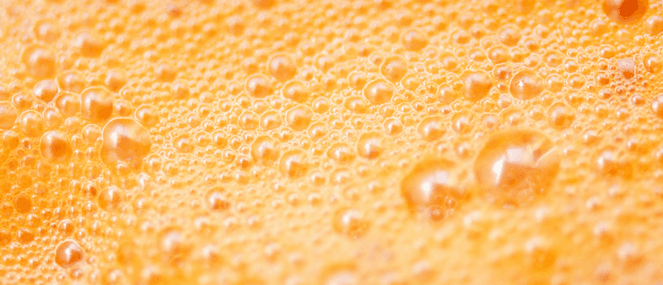Sweets are treats
Not attaching negative connotations to sugary concoctions is also important. Labelling food as “good” or “bad” attaches a moral tag – which, says Brisbane-based dietician and mum of two, Alison Miles, is best avoided. “Food should be morally neutral,” she says. “If a tag or label is attached a link between bad food equalling a bad person can be made,” she adds.
Fruit, glorious fruit
Even young fussy eaters can be won over by sweet-tasting fruit. It’s a great healthy treat that can be enjoyed daily. Dieticians agree two serves of fruit a day is ideal, which makes kids morning and afternoon tea ideas easier!
But children can grow bored of fruit if little or no effort is made. Try to make sure you offer plenty of seasonal variety and, if you can spare a little extra time, get creative.
Fruit lollypops (a variety of fruits cut up on skewers) add fun and excitement to snack time. Consumption of dried fruit in moderation is also a convenient way to appeal to a sweet-tooth child.
And, most dieticians recommend kids steer clear of fruit juice (despite some marketing claims that they can contain 100% fruit content), and stick to water as a primary refreshment option.
Sweet enough
Many parents identify with sweet-tooth children as mum or dad (or both) share the same inclinations. Despite this, try to avoid passing on bad habits like adding lots of sugar to Weetbix or porridge as it only stands to increase a child’s desire for sweet-tasting food.
“Parents should be very mindful that it [adding sugar] will just precipitate a sweet taste so it’s best avoided altogether wherever possible,” Miles says.
Celebrate more than food
Sydney dietician and mum of four young children, Kara Pierce, recommends rather than giving children copious amounts of chocolate at Easter, to stick to one small or medium sized egg and supplement it with gifts like winter pj's, slippers or a toy for a younger child.
Fellow dietician Miles is a strong believer in getting kids involved in craft activities during festive periods such as making Easter bonnets, egg hunts (using gifts rather than chocolate) and painted or dyed Easter eggs. Kids generally love such activities and it takes away the focus on food alone.
Avoid bribes and the sweet stash
Even when a situation is dire, parents should not resort to using sweets (or any food) as a way of getting children to do things.
It’s also an idea to banish the “treat cupboard,” especially at Easter when it can get out of hand. By removing such temptation parents are forced to make a special trip out for treats, so such indulgences harder to come by.
And taking away the treat cupboard often benefits more than the kids. “So many parents are fighting their own weight battles,” Miles says.
“Access to treats for kids is an excuse often used for weight loss failure so it’s best avoided.”





